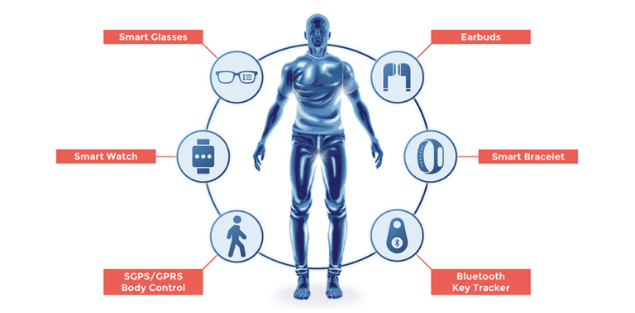AI and Wearables: An Approach to Chronic Disease Monitoring
Main Article Content
Abstract
The exposure of Artificial Intelligence (AI) in healthcare has been revolutionizing or we can say already revolutionized the diagnosis, treatment, and monitoring of patients.[1] This paper explores the role of AI-powered wearables—such as smartwatches, fitness trackers, biosensors, and continuous glucose monitors (CGMs)—in transforming chronic disease management by enabling real-time health monitoring, predictive analytics, and personalized treatments.[2] Specifically, the paper examines how these wearables track vital signs like blood pressure, heart rate, glucose levels, and physical activity to provide early disease detection and timely interventions. Machine Learning algorithms and some AI techniques analyse continuous health data to detect abnormalities, predict disease progression, and provide personalized recommendations, facilitating early intervention and improved patient outcomes. The research also discusses challenges related to data privacy, accuracy, and system integration. Despite these challenges, AI-powered wearables have the potential to reduce hospital visits, advance remote monitoring, and contribute to precision medicine and preventive healthcare. This research emphasizes the value of wearables in enhancing self-management and reshaping chronic disease management.
